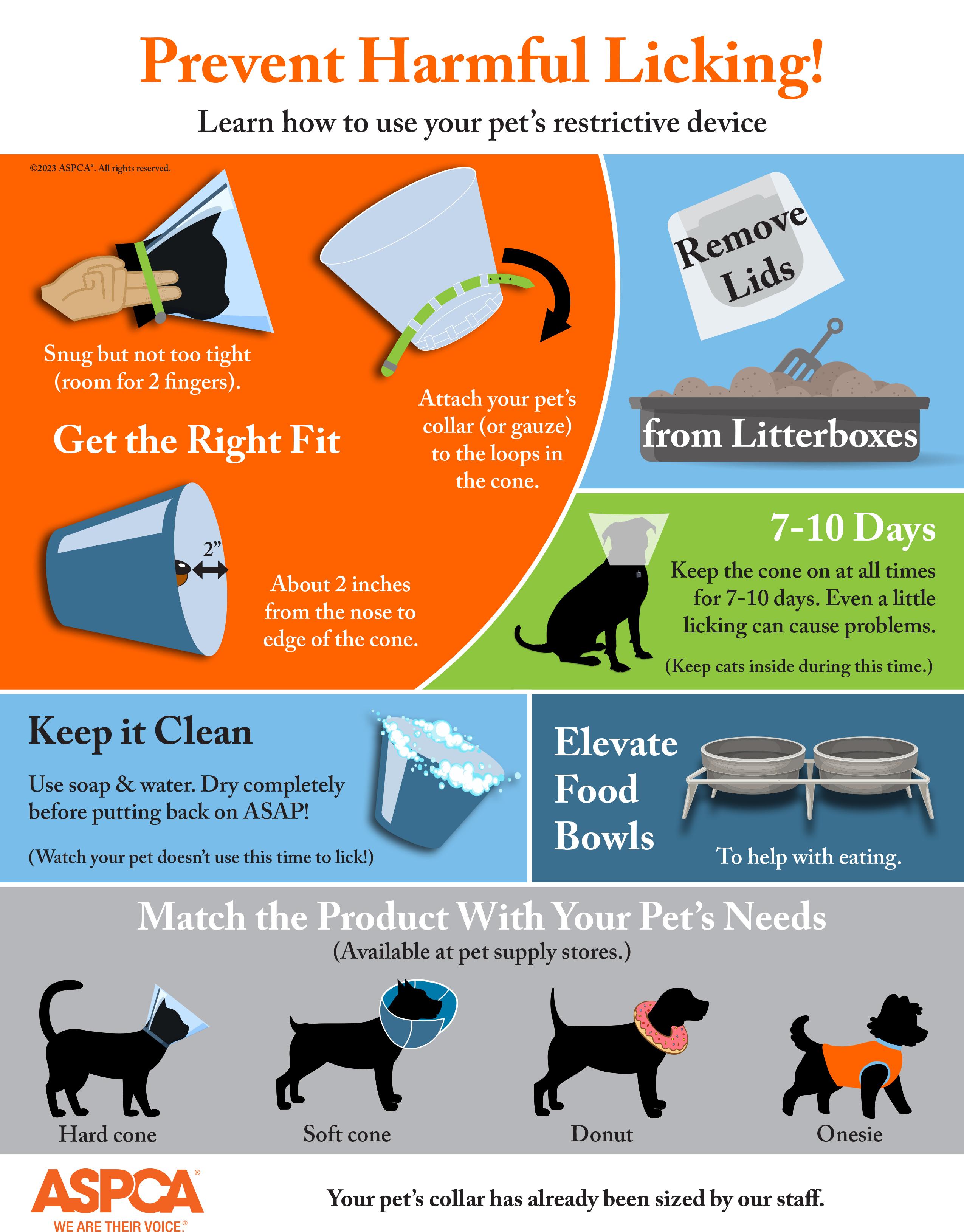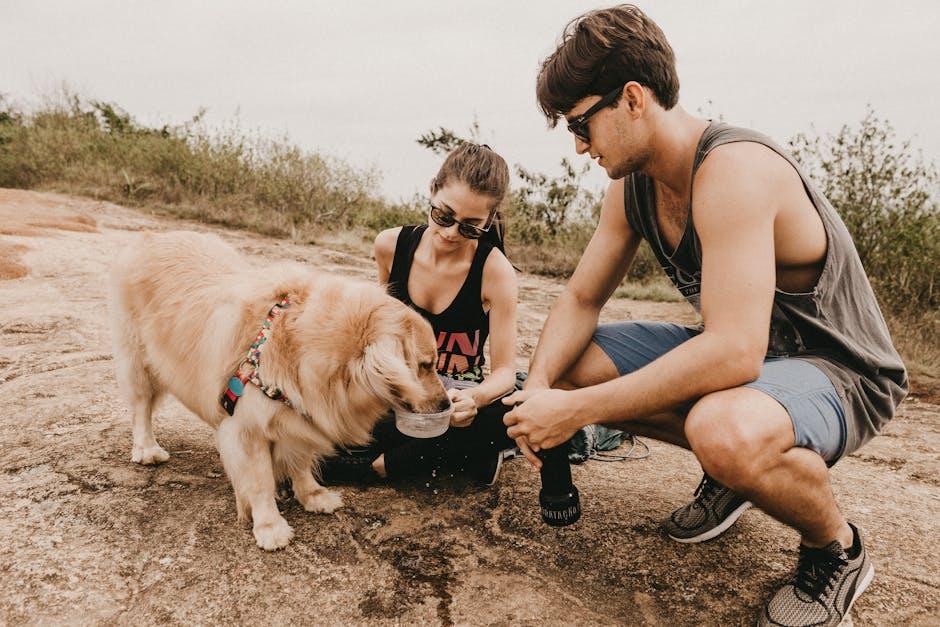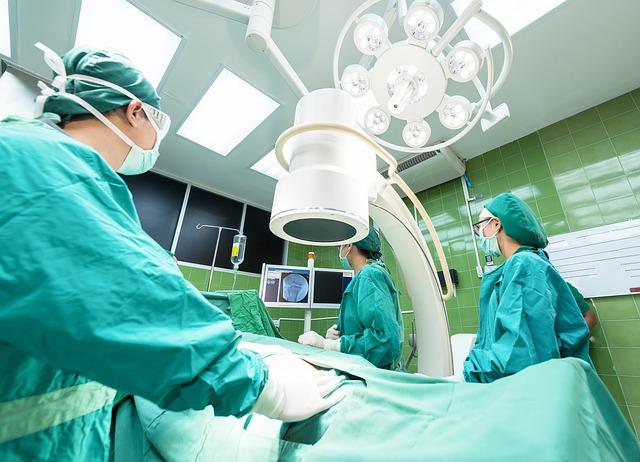Caring for your furry friend after surgery can be a challenging time, filled with concerns about their comfort and recovery. Among the many questions you might have, one of the most pressing is likely, “What should I feed my dog to help them heal?” Providing the right nutrition is crucial for your dog’s recuperation, as it can significantly influence their energy levels, immune system, and overall well-being. In this guide, we’ll explore the best dietary choices to support your dog’s healing process, ensuring they bounce back to their happy, tail-wagging self in no time. With a warm heart and a gentle hand, let’s delve into the steps you can take to nourish your beloved pet back to health.
Choosing Nutritious Ingredients for Post-Surgery Recovery
When your furry friend is on the mend, it’s essential to focus on providing a diet that aids in healing and boosts their overall well-being. Prioritize high-quality proteins like chicken, turkey, or fish to support tissue repair and muscle recovery. Incorporating whole grains such as brown rice or quinoa can provide the necessary energy without overwhelming their digestive system.
To ensure a balanced intake, consider adding vegetables like sweet potatoes or carrots, which are rich in vitamins and minerals. These can be easily steamed and mashed for easier consumption. Don’t forget about healthy fats—a small amount of olive oil or fish oil can promote a shiny coat and support joint health. Here’s a simple list of ingredients to include:
- Lean proteins (chicken, turkey, fish)
- Whole grains (brown rice, quinoa)
- Steamed vegetables (sweet potatoes, carrots)
- Healthy fats (olive oil, fish oil)
Always ensure the ingredients are fresh and prepared without added salt or spices, which can be harmful to dogs. Consult with your veterinarian for personalized advice, especially if your dog has specific dietary needs or restrictions.

Creating a Balanced Diet to Support Healing
After your furry friend undergoes surgery, it’s crucial to focus on a diet that aids recovery and boosts their immune system. Start with easily digestible foods that are gentle on their stomach. Consider incorporating:
- Boiled Chicken: A lean source of protein that provides essential amino acids for tissue repair.
- Plain Rice: Gentle on the digestive system and helps provide energy without causing discomfort.
- Pumpkin: A natural source of fiber that aids in digestion and prevents constipation.
- Bone Broth: Rich in nutrients and collagen, it supports joint health and hydration.
Ensure you maintain a balanced ratio of proteins, carbohydrates, and fats to support your dog’s healing process. Hydration is also key, so always provide plenty of fresh water. Gradually reintroduce their regular diet as they recover, but continue to monitor their response to each meal. Remember, every dog is unique, so adjustments might be necessary based on their specific needs and the veterinarian’s advice.

Hydration Essentials to Aid Your Dogs Recuperation
Ensuring your furry friend stays well-hydrated is crucial for a smooth recovery process. Water plays a vital role in flushing out toxins, regulating body temperature, and maintaining overall health. Here are some hydration essentials to support your dog’s recuperation:
- Fresh Water Access: Always keep a bowl of clean, fresh water within easy reach. Post-surgery, your dog might be less mobile, so placing multiple bowls around the house can be beneficial.
- Broth Boost: Adding low-sodium chicken or beef broth to their water can make it more enticing and encourage your dog to drink more.
- Ice Cubes: If your dog is reluctant to drink, offering ice cubes can be a fun way for them to hydrate. It’s also a soothing treat if they have a sore throat from intubation during surgery.
- Moisture-Rich Foods: Incorporate wet dog food or mix water into their dry kibble to increase moisture intake through meals.
Remember, each dog is unique, and their hydration needs may vary. Monitor their water intake and consult your veterinarian if you notice any signs of dehydration or if you have concerns about their recovery progress.

Understanding Portion Sizes and Feeding Schedules
After your dog’s surgery, it’s crucial to pay close attention to both the portion sizes and feeding schedules. Ensuring the right balance can aid in a smoother recovery. Begin by serving smaller, more frequent meals to help your pet’s digestive system adjust. This not only prevents overloading the stomach but also keeps their energy levels stable. Consider dividing their daily food intake into 3-4 smaller meals instead of the usual two.
- Monitor their appetite: Post-surgery, your dog may have a reduced appetite. Observe their eating habits and adjust portions accordingly.
- Consult your vet: They can provide specific recommendations based on your dog’s breed, weight, and surgery type.
- Hydration is key: Ensure that fresh water is always available, as some medications may increase thirst.
Consistency in feeding times is just as important. Stick to a regular schedule to create a sense of normalcy and comfort for your recovering pet. Regular feeding times can also help in monitoring their overall health and recovery progress, as any significant changes in appetite or behavior can be easily noticed and addressed.

